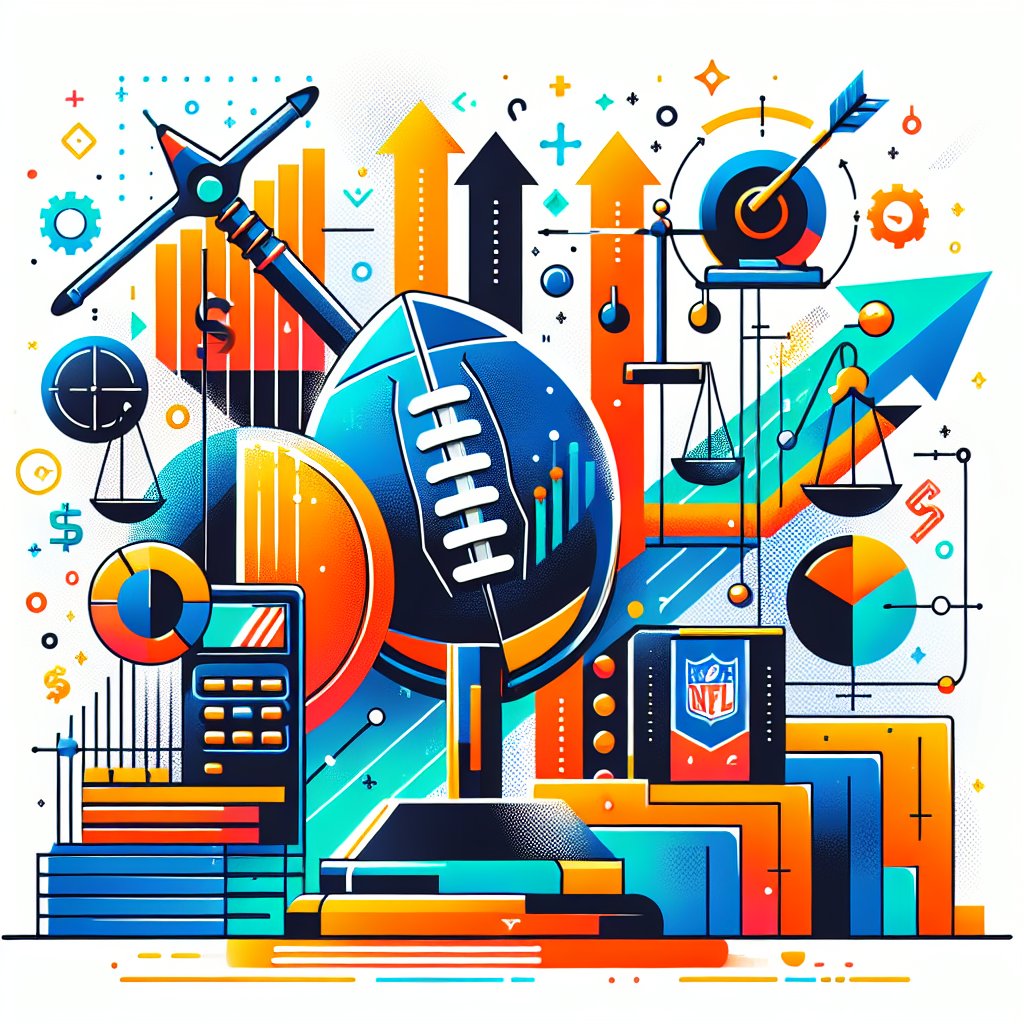Hey there, fellow football fan. Let's talk about the NFL trade deadline because, honestly, it's like a high-stakes chess match that doesn't get nearly the attention it deserves. Sure, most people think of it as just a time when players swap jerseys, but there's a lot more bubbling beneath the surface.
First of all, the deadline is not just a date on the calendar. It's a pivotal point in the season where teams reassess, strategize, and often change their fate. You might be wondering why it matters so much. Well, buckle up because we're diving deep into the world of NFL trades and why this deadline is a game-changer.
What Exactly Is the NFL Trade Deadline?
Alright, let's get the basics out of the way. The NFL trade deadline is typically around Week 8 of the regular season. This year, it's on October 31st. Spooky, right? It's the last chance for teams to trade players and tweak their rosters before heading into the second half of the season. After this deadline, teams have to work with what they've got unless they hit the free-agent market.
Why the Deadline Exists
You might ask, why do we even have a trade deadline? Can't teams trade whenever they want? The deadline exists to maintain competitive balance. If there was no cutoff, you'd have powerhouse teams potentially buying their way to a Super Bowl by snatching up talent as the playoffs near. Think of it as a way to keep the David-and-Goliath showdowns interesting.
Who Benefits from Midseason Trades?
Here's the thing: the trade deadline isn't just for the struggling teams looking to rebuild. Contenders are in on the action too. They might be missing just one piece of the puzzle to make a serious playoff run. I've seen it time and again—teams that look like they're just one player away from greatness. A strategic trade can make all the difference.
Teams on the Rebound
For teams at the bottom of the standings, the trade deadline is a chance to clean house and start fresh. Maybe a team has a star player whose prime years aren't aligning with the team's rebuilding timeline. Trading that player could yield draft picks or younger talent more in sync with their long-term goals.
Contenders Looking to Shore Up
On the flip side, you've got teams gunning for the playoffs who'll pounce on a good trade to fill gaps. Think about it: a team with a leaky defense could pull in a veteran linebacker to plug the holes. Or an offense could snag a speedy receiver to add a deep threat. It's all about identifying weaknesses and acting fast.
The Drama and Speculation
Oh, the drama! The weeks leading up to the trade deadline are rife with rumors and speculation. It's like a reality show, but with bigger guys and less crying (depending on the team). You get reports flying around about who's on the block and potential destinations, and it's all a bit wild.
Pressures from Fans and Media
Fans and media are relentless, especially if a team is doing poorly. They'll clamor for trades like it's the magic fix for all the team's woes. And to be fair, that pressure can make things happen, for better or worse.
Real Impact on Teams
It's easy to think of trades as just athletes changing zip codes, but the impact reaches far beyond that. A well-executed trade can change team dynamics, boost morale, and even lead to a winning streak. On the other hand, a bad trade? It can throw a wrench in the whole system.
Chemistry Matters
I've seen teams with all the talent in the world falter because the chemistry just wasn't there. Bringing in a new player shakes things up. If the fit is right, the team could gel better than ever. If not, it could lead to locker room drama.
Financial Implications
Let's not forget money. NFL teams have to think about the salary cap. Trading a high-salary player can free up cap space, giving teams more financial flexibility for future signings.
Memorable NFL Trade Deadline Moves
If you're a football junkie like me, you'll remember some of the blockbuster trades that have happened at the deadline. Who could forget when the New England Patriots traded for Aqib Talib back in 2012? That move helped solidify their defense and keep them competitive in the playoffs.
Then there's the time when the Dallas Cowboys acquired Amari Cooper in 2018. That trade is credited with saving their season and revitalizing Dak Prescott's game. The Cowboys were struggling offensively, but Cooper's arrival gave them the spark they needed.
The Risk Factor: Why Some Teams Hold Back
Not every team jumps into the trade waters headfirst. There's risk involved, and that keeps some general managers on the sidelines. It's like gambling—sometimes you hit the jackpot, other times you bust.
Fear of the Unknown
One concern is how a new player will fit into the existing scheme. Will they adapt quickly, or will they struggle? The unknown can be a deterrent.
Draft Pick Dilemmas
Then there's the issue of draft picks. They're the currency of the NFL world, and trading them away can feel like mortgaging the future. It takes guts to gamble on immediate success over long-term potential.
A Personal Take: Should Your Team Make a Move?
I get asked all the time if a certain team should make a trade. My answer? It depends. If a team is close to a playoff spot and needs a specific piece, go for it. But if they're better off rebuilding, it's wise to hold onto assets for the future.
Conclusion (But Not Really)
Look, the NFL trade deadline is more than just a line in the sand. It's a crucial time for every team to evaluate where they're at and make moves that could define their season—or even their franchise's future. Whether you're rooting for a contender or a team in rebuild mode, keep your eyes peeled. This deadline could surprise us all.
- Ryan Pate



